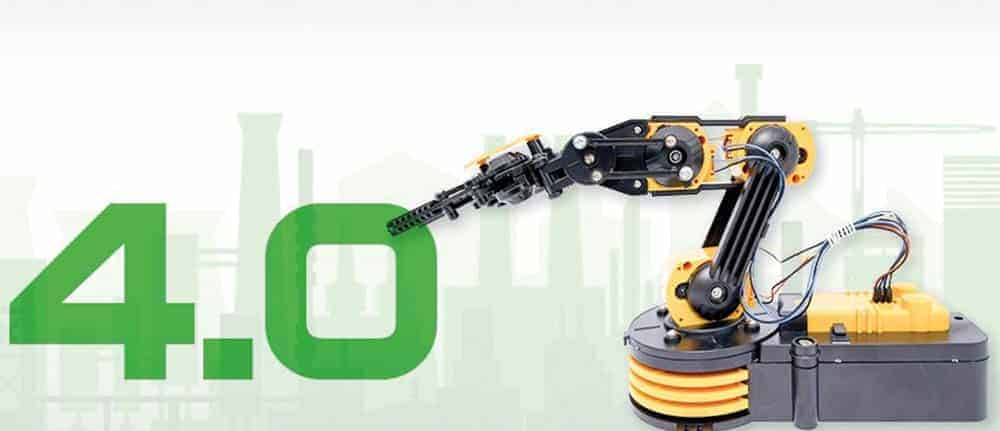Recognizable benefit - for whom?


Industry 4.0 focuses on making product information available to the buyer in real time and independent of location. Standardized basic information from production, corporate and product IT will contribute to the digitalization of a production company's processes and achieve a new dimension in the value chain.
Customer and company processes adapt to the value chain of a digital transformation. I would like to explain this using the example of a car order:
When I bought my first new car, the process flow was as follows. My path led me to a car dealership.
Based on the product brochure, the configuration was created manually on an order form. Negotiations took place, positions were added or deleted, and at some point a result was reached.
When asked when the car would be delivered, there was no answer. The seller first had to give the order to his manufacturer to then get a delivery confirmation.
This process alone took three to four weeks. Many years later, the same process looked like this: After deciding which vehicle to buy, I went to the dealership: The salesman was sitting in front of his terminal, I had a product flyer in front of me.
Together we went through the configuration, which he entered into his PC. To calculate the final price and the financing, we then switched to the tried and tested calculator.
The results were added manually to the order, which had been printed out in the meantime. When asked about the delivery date, I again got no answer, because the seller had to wait for confirmation from the manufacturer.
Also, now would be summer vacations and there are yes as always other delivery times.
A few years ago, the process was as follows: In the meantime, I worked out my own configuration and costing for the vehicle I wanted on the Internet. I then specified the final details in a phone call with the salesperson.
He was able to tell me over the phone when my desired vehicle was scheduled for production and when it would be delivered. An order confirmation and leasing contract were sent to me by mail a few days later.
Two weeks before delivery, I discovered that I had forgotten to order a special accessory. I asked my car dealer if the automatic seat adjustment could still be reordered. Unfortunately not, was the answer. I would have to place a new order. He could pass on my ordered vehicle to another buyer.
There was one downside to this promotion, the delivery time has increased and the lease terms have increased slightly. I angrily reverted to the existing contract. Today, the same process is handled completely electronically.
Configuration, costing, financing and delivery time can be accessed online from some manufacturers and dealers. Crucial and new with some manufacturers is the feature that a change can be made to the configuration until shortly before production and this still does not delay the planned delivery date.
This process is made possible by the consistency and integration of company-wide data quality and the interaction of the individual functional areas.
The benefits from Industry 4.0
The integration and digitization of company-wide processes accelerates the value chain, allowing new business models and market requirements to be mapped transparently.
The buyer is the focus of attention and thus achieves a very high benefit when placing his order. From a business perspective, the new processes from the "Digital Revolution: Industry 4.0" achieve a foreseeable ROI and thus contribute to securing the future of the company.






